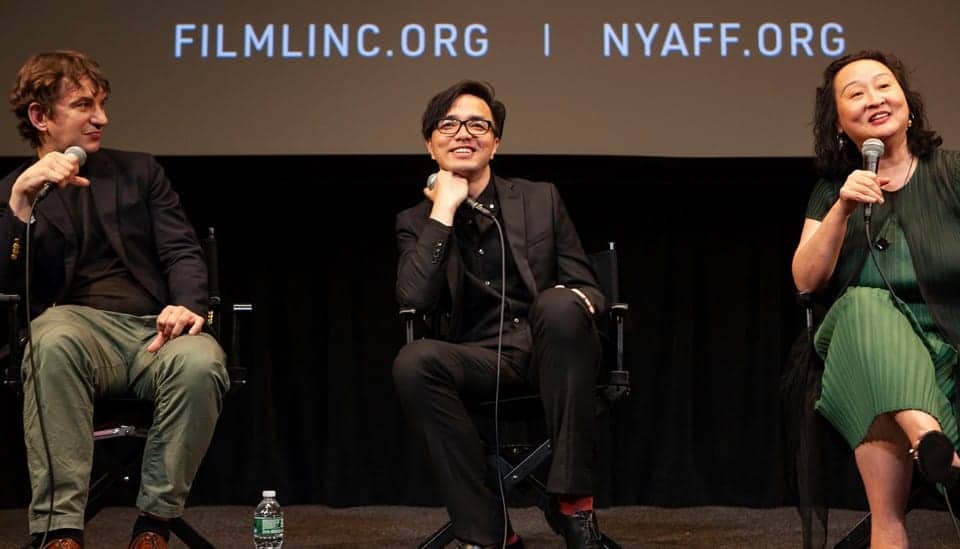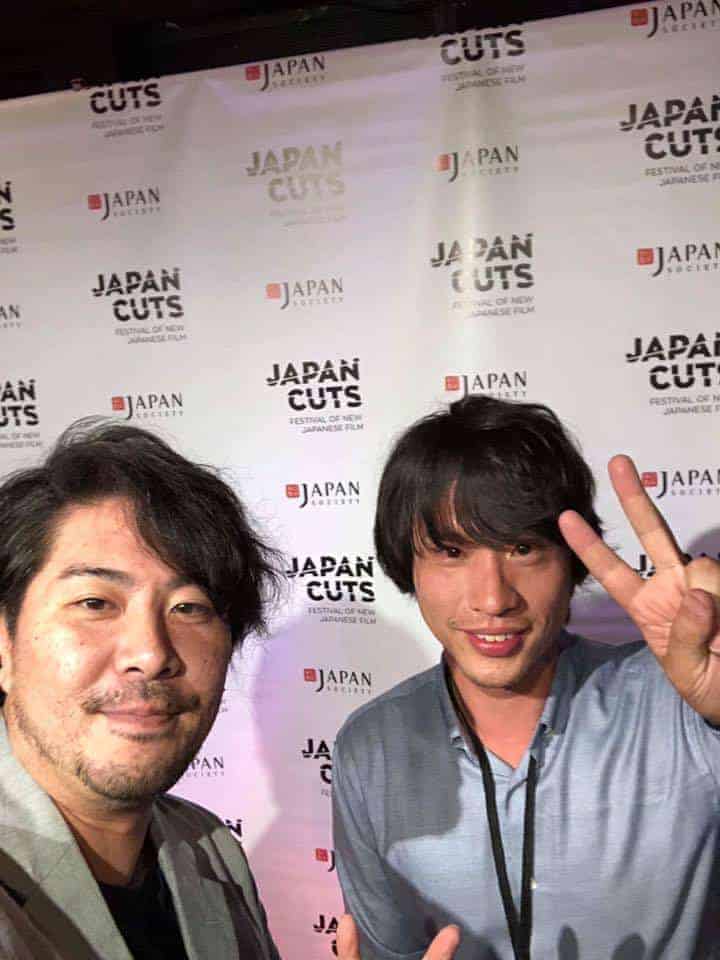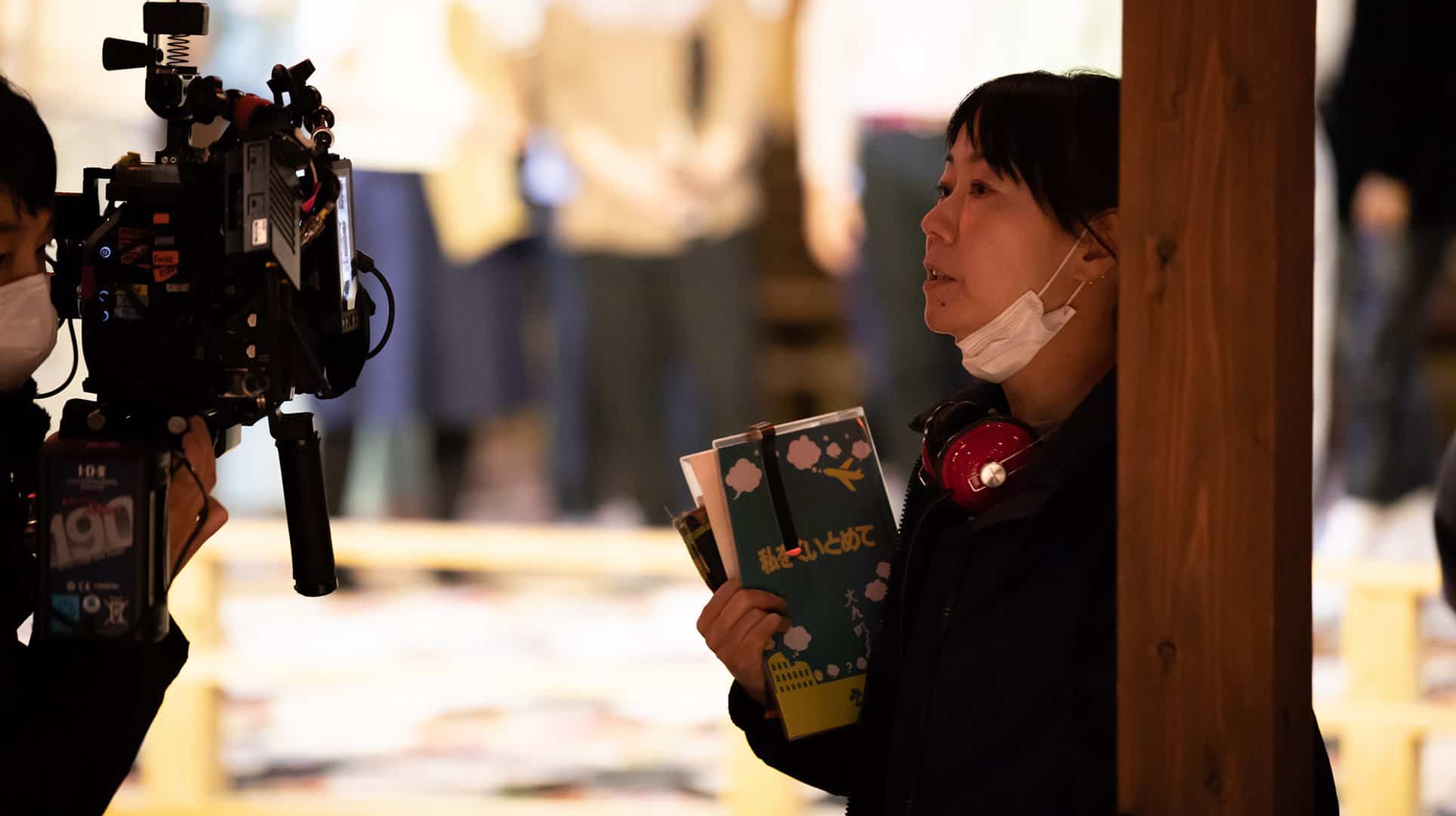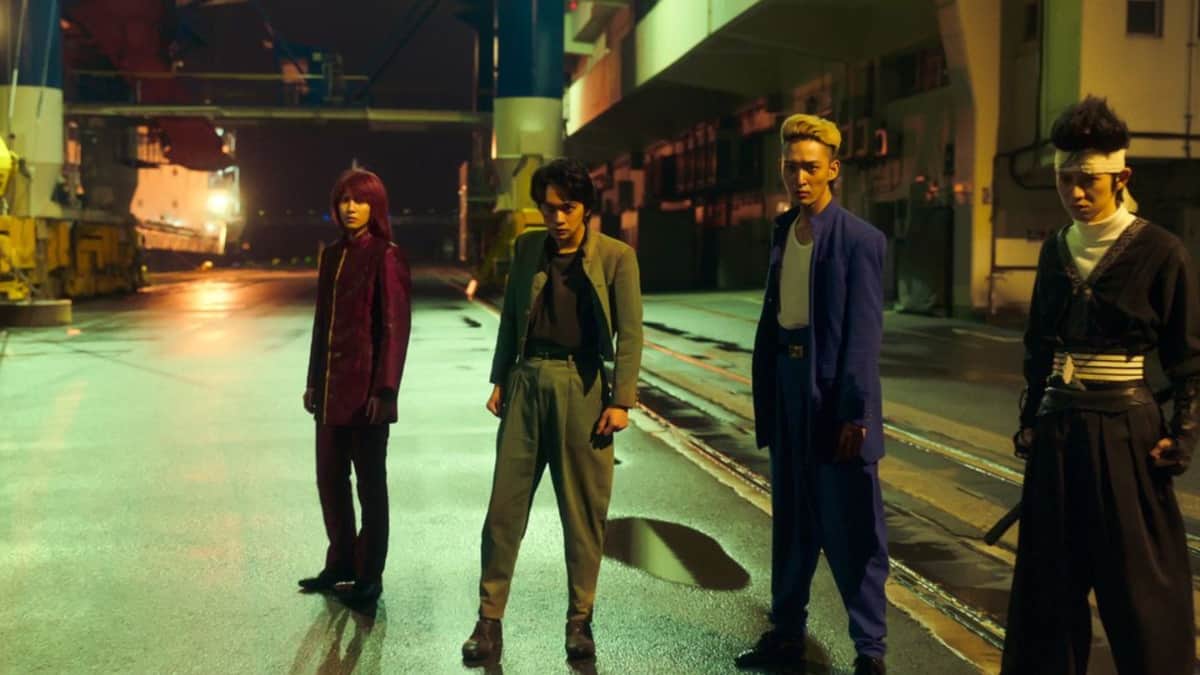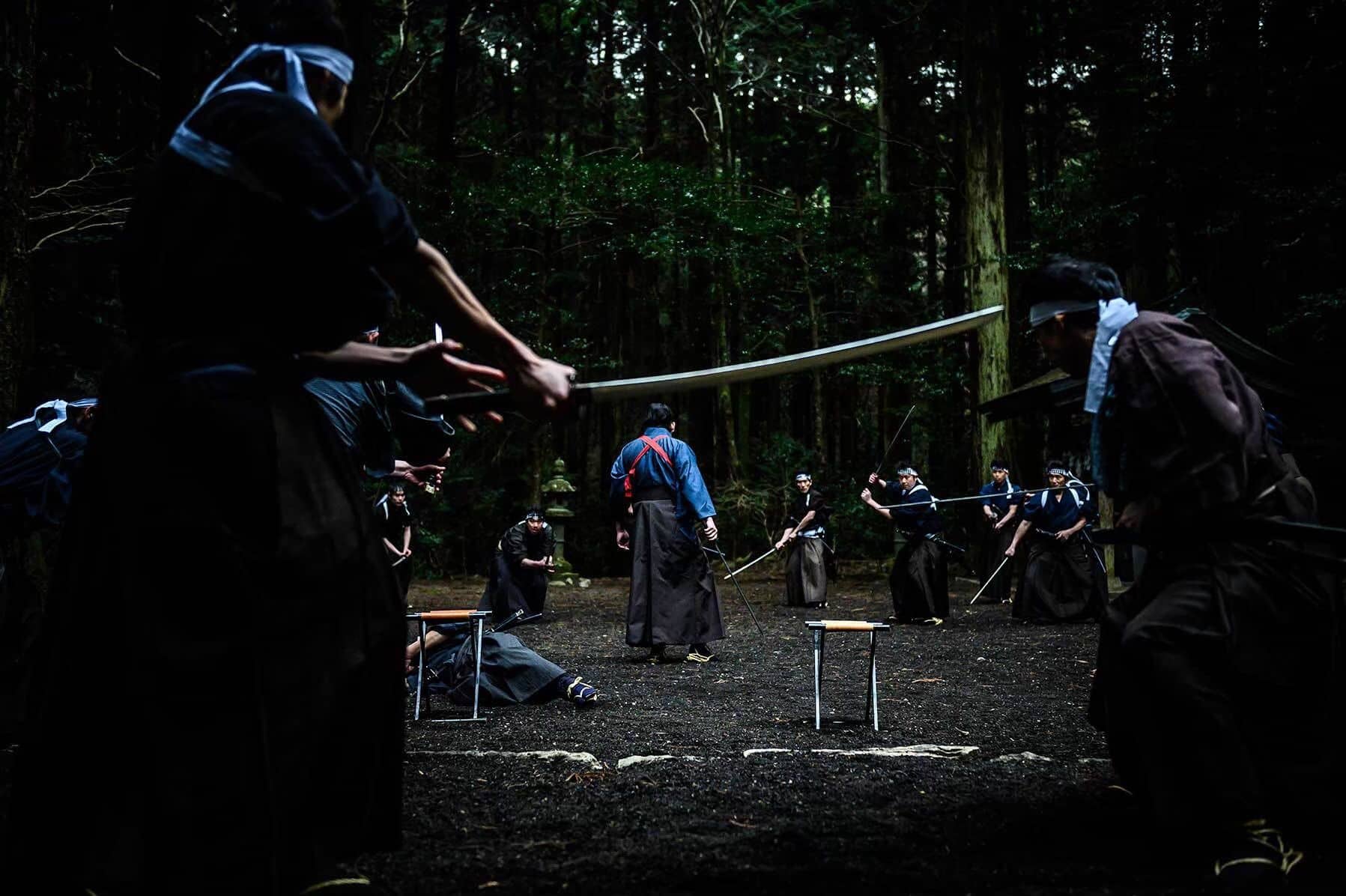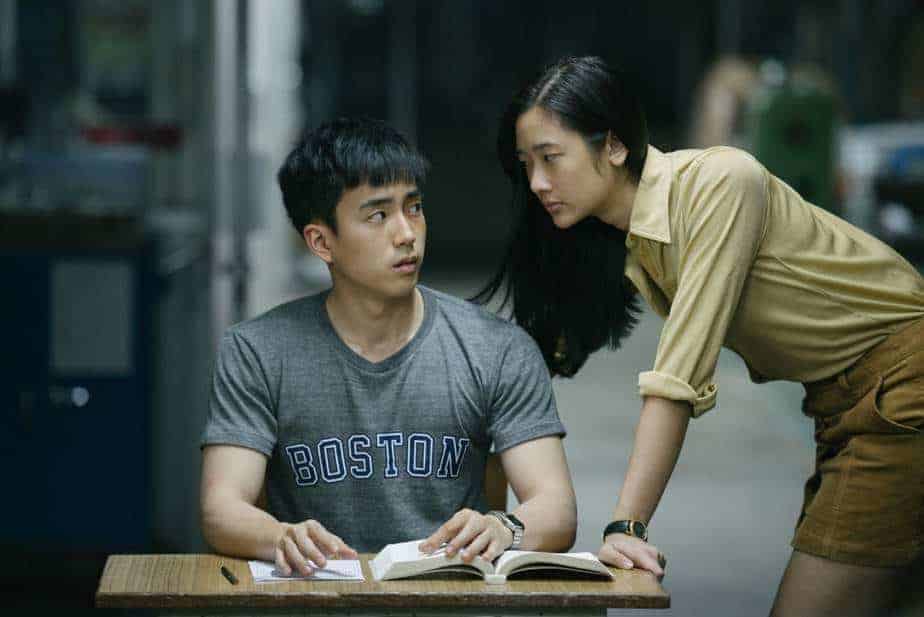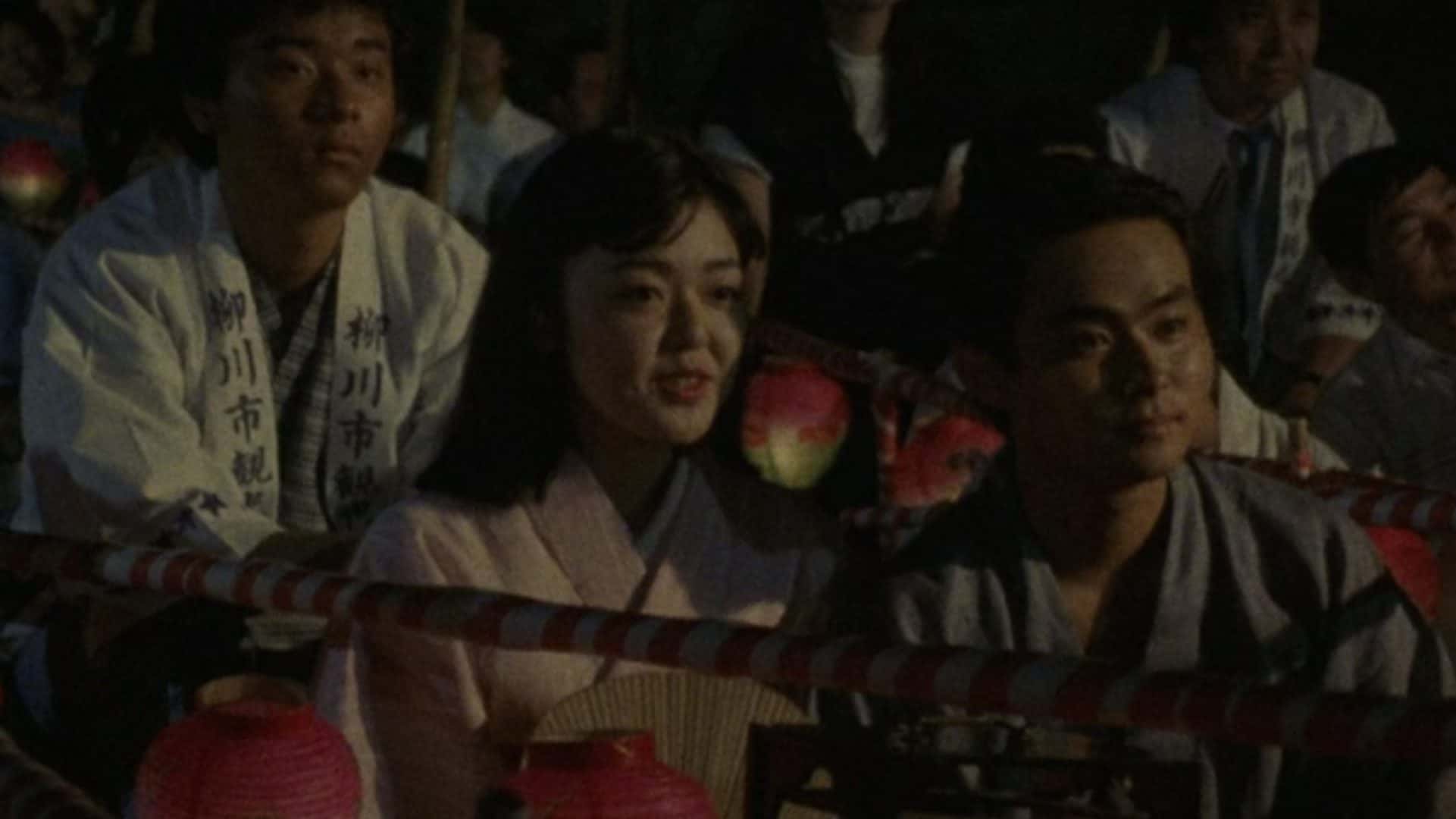Huang Huang was born in Anhui, China in 1985. He studied Directing at the prestigious Beijing Film Academy, from which he graduated in 2008. He went on the make his debut short film “No Country for Chicken”, about martial arts schools and anti-intellectuals in China, which was short-listed for Jury Leopards of Tomorrow at the 62nd Locarno International Film Festival, eventually going on to be awarded the Film and Video Subtitling Prize.
A decade after “No Country for Chicken”, he has developed the short into the feature-length film “Wushu Orphan“. The film became the recipient of of the 1st Youth Director Support Program prize, which was organised by the China Film Directors' Guild. When “Wushu Orphan” screened at the Tokyo International Film Festival, Huang Huang was honoured with the Spirit of Asia Award, which is awarded to promising directors who are expected to be internationally active beyond cultural barriers.
On the occasion of “Wushu Orphan” screening at the New York Asian Film Festival, we speak with him about wushu, the Chinese education system and more.

“Wushu Oprhan” is developed into a feature film from your short “No Country for Chicken”, which was also about a martial arts school. How did you come about the story and what interested you to set it in a wushu school?
It is a question everybody asks. (Laughs) I myself had the experience because when I was young, my father sent me to a sports academy school. And so I've actually had the experience. Apart from that, in my graduation film in 2008 from the Beijing Film Academy, there's a small segment that includes a wushu school regarding what happened to a teacher. What I felt was that a teacher in language or humanities studies in a wushu academy, which stresses physical training, it's really sort of a very difficult and certainly embarrassing “not quite know where to go” type of position. When I was into the sports academy, it was actually to study soccer, but soccer is basically physical training and physical exercise. Wushu, however, as a martial art, is in many ways a cultural symbol and also clearly there are so many martial arts films and martial arts as a topic is a bit cultural. And so I felt that that it is much more appropriate.
Do you believe that traditional teachings and methods of teaching have any place whatsoever in a modern education system?
In China now, you have a very unusual, slightly unreal situation. In the big cities, the modern education is as good as any fantastic education that you would find in America or elsewhere in the West. But in the poorer countryside, the education is still, in many ways, lagging behind. Why would it be lagging behind? That has to do with actual financial and human resources. But I do hope that one day that situation will change.

The film is filled with lots of interesting and whimsical characters. Are any of the characters or the quirks they carry based on people from real life?
Actually, for some of the characters, I even used names of people that I know. I do observe these people that I know and sometimes sort of add a little bit more “colour” to these characters, as in lines they say and things that I would have them do. One of them is based on my roommate from my college days.
The entire cast is equally good. Please talk us through your casting process.
In this film, there are only three professionally trained actors and these are the three young people in the film. None of the others are trained. All the kids, all the students are from the Wushu Academy. So in many ways, regarding the casting, I let the people play themselves. The person who played the Dean is the father of one of my classmates. Because my classmate came to the Beijing Film Academy to study, his father moved to Beijing and was in many ways a substitute actor or he would just fill in as an extra.

What were the challenges you faced shooting in such a remote countryside location, if any, and what were the benefits of the same?
There is a good thing, a pro about that, which is that since it is a closed-in area and we are already filming in the school, we would film and once we are done with it, we would just go up to the rooms and we can rest then come down and do the same. But then, in making this film, as you can tell, people who live in remote places tend to be less open, so dealing with them takes time, in order to get through to them and communicate with them.
What was winning the Spirit of Asia Award like? Do you think winning an award like that brings added pressure on your following projects?
In Chinese, “Spirit of Asia” is actually translated as “Future of Asia”. So when I went up on the stage for my acceptance speech, I said, “Perhaps I am the future of Asia at this moment, but sometime in the future, I will be the past of Asia.” Of course, there will be many things that will come in the future and maybe it will be difficult, but clearly when I was up there on the stage receiving the award I was very happy.



